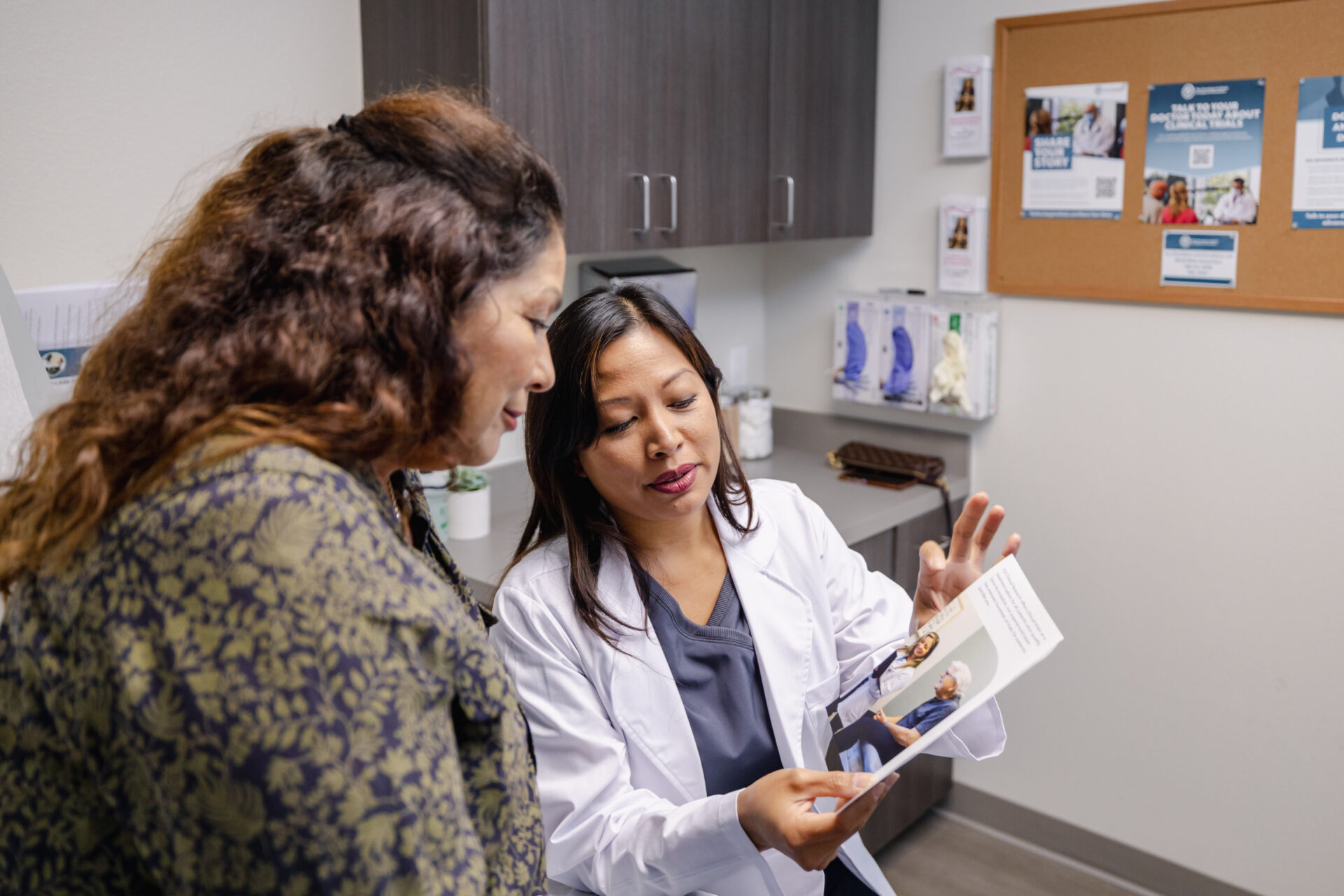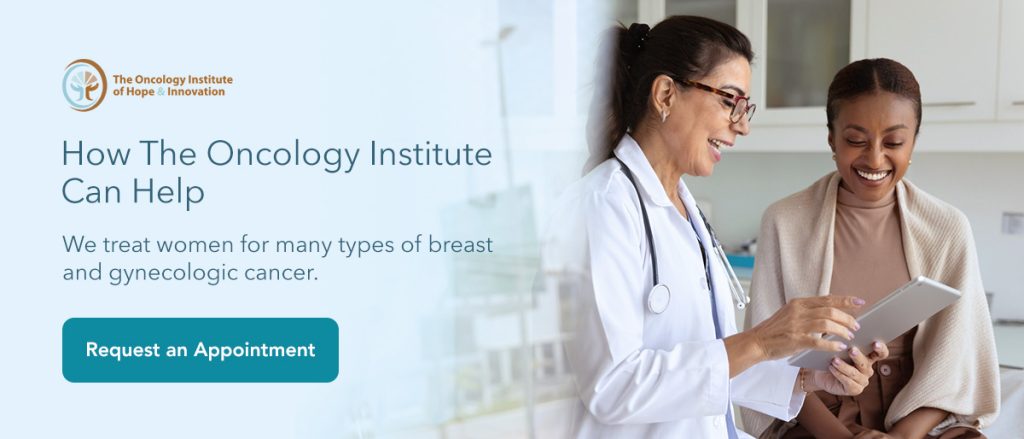

Breast cancer has had a profound impact on many lives across the United States. According to the Centers for Disease Control and Prevention (CDC), it’s the country’s second leading cause of cancer death. If this disease has touched you or someone you love, you’re not alone. Even if you haven’t been directly affected, spreading awareness is a critical part of shedding light on this cancer and helping save lives.
As the name suggests, breast cancer is a form of cancer that starts in the breast. It can affect both men and women but is most common among women, especially those over 50. Some signs to watch out for include:
Catching breast cancer early plays an important part in improving health outcomes for patients. Breast cancer that has spread to other parts of the body is typically much more challenging to treat.
There is no known way to prevent breast cancer altogether. For some people, genetic factors can increase their chances of developing cancer, regardless of lifestyle choices. However, the American Cancer Society (ACS) notes several actions that could help reduce your risk:
While keeping these factors in mind might help lower your risk of developing breast cancer, it’s also important to perform self-exams and go to screenings. With these actions, you have a better chance of detecting abnormalities early.
Treatment for breast cancer comes in many forms, and the solution should fit the individual. The types of treatment commonly used to fight this disease include:
In 2022, over 4 million women in the U.S. were living with breast cancer, according to estimates. With this disease having such a broad impact, there are many efforts to support those living with it. Breast Cancer Awareness Month is in October and has been making a difference since 1989 as a health campaign designed to educate the public and raise funds for research.
If you’re interested in showing support for the cause during Breast Cancer Awareness Month and year-round, check the National Breast Cancer Foundation (NBCF) or see if any local events or opportunities are taking place near you.
At The Oncology Institute, we understand the unique needs of cancer patients. We treat women for many types of breast and gynecologic cancer and do everything we can to provide the optimal care and support for our patients.
If you want to learn more about the types of cancer we treat or the treatments we offer, visit our Cancer Center for Women today. Or, if you’re ready to request an appointment, you can fill out the form on our website
